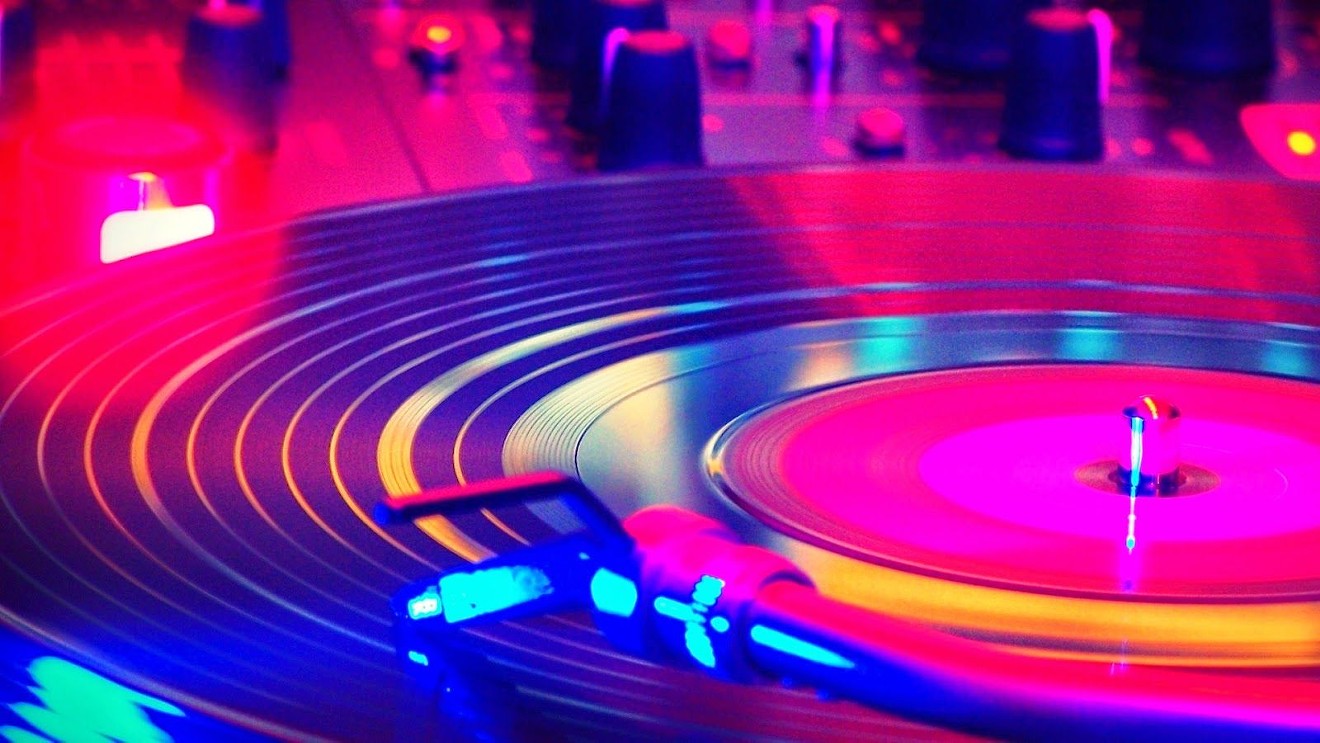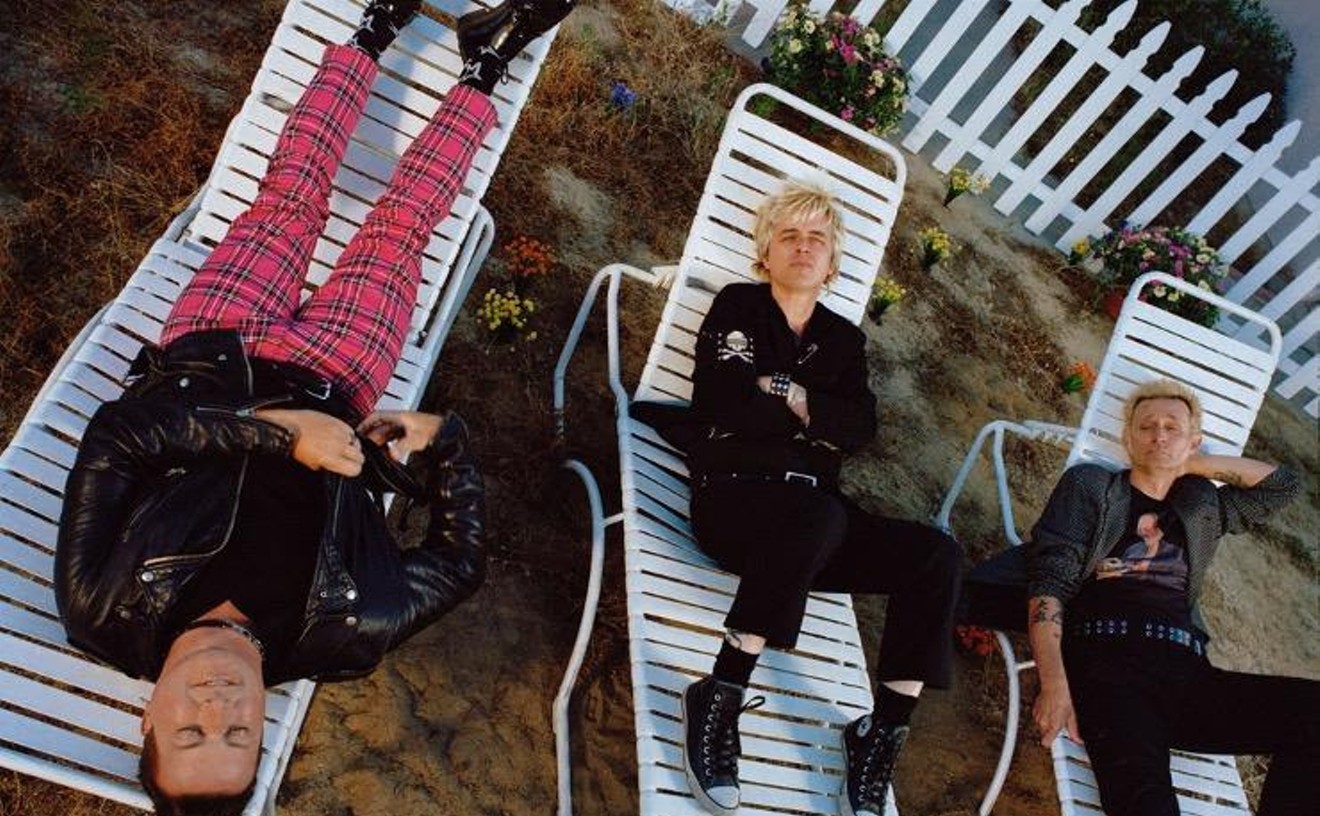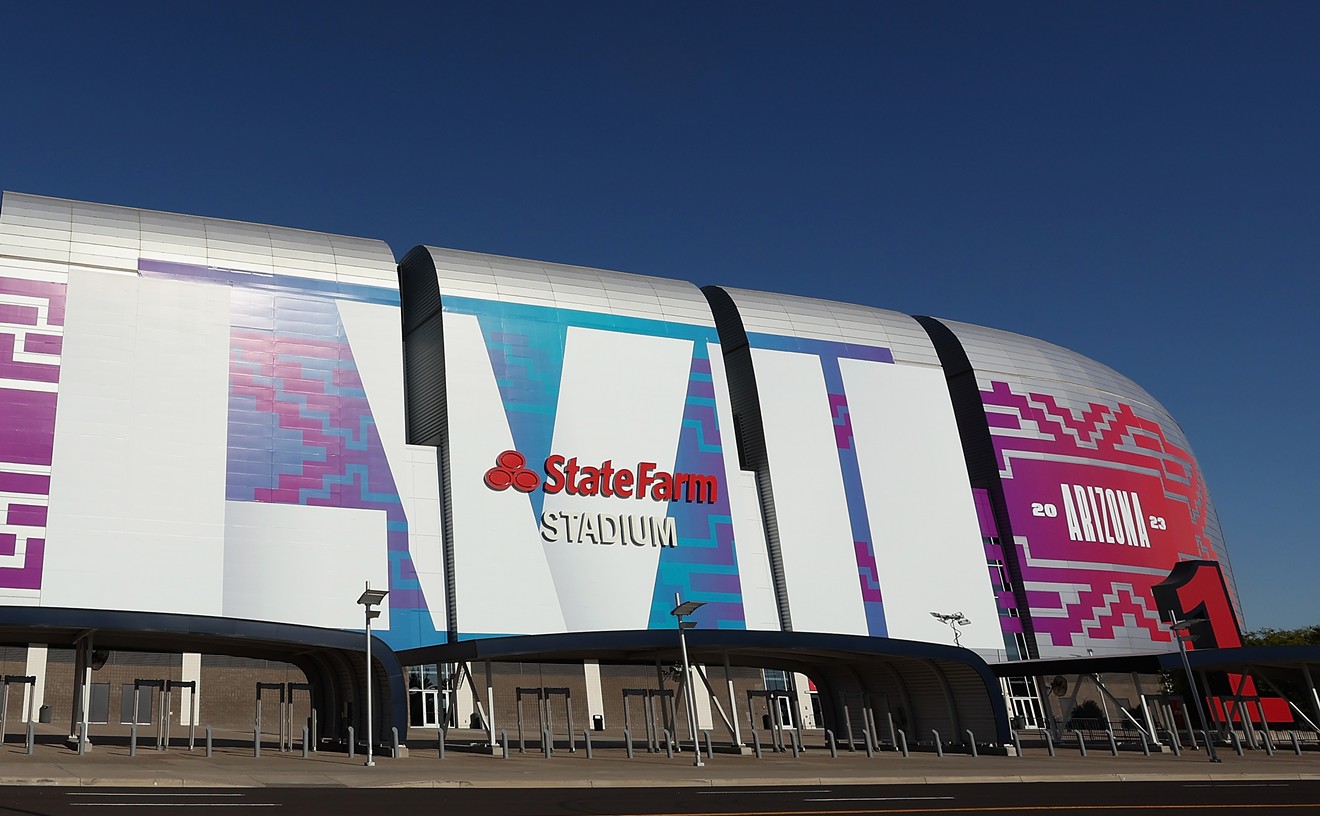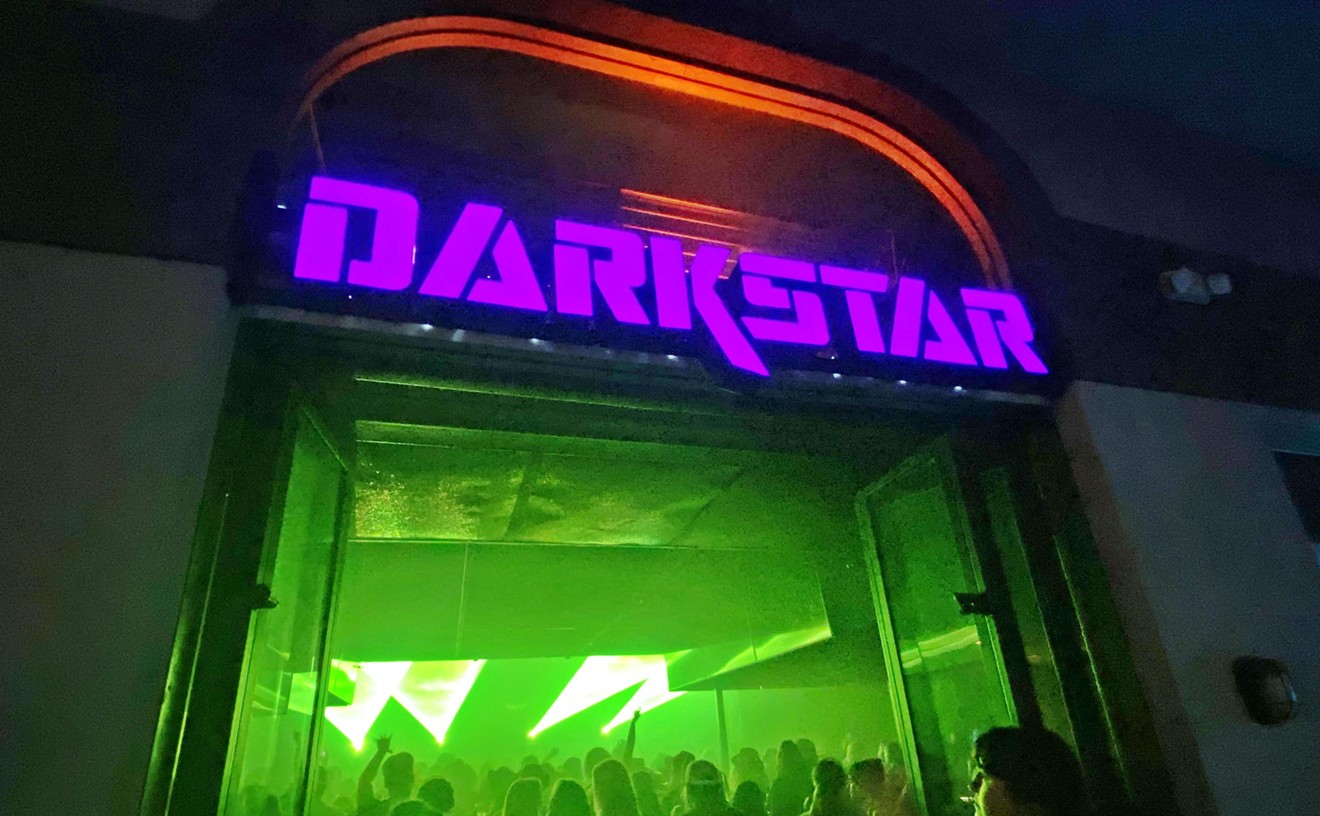My friend Jill and I are out walking.
“Remember when music artists had hit singles?” I ask. “They’d release a song from their new album on a 45, and sometimes the song would get played a ton on the radio and people would go to a record store and buy it and it would chart really high on Billboard and everyone would say the song was a hit?”
“I don’t know about all of that record industry stuff,” Jill says. “I just remember that we all ended up knowing the same songs at the same time, because they were on the radio.”
She pushes the “walk” button at Third Avenue and Indian School Road. “The way I remember it is we were all having a collective communal experience through music.”
Jill is the kind of person who can say phrases like “collective communal experience” and make them sound exciting and new. I take out my phone and type the phrase into my Notes app.
“But wasn’t it annoying when people would say a song was a hit when it had never been released as a single or charted on the Billboard Hot 100?” I ask.
“No,” Jill replies. “I’ve never thought about that before. You might be the only person who’s actually thinking about things like that.”
Back home I take off my walking shoes and call my friend Rory Musil. He and I worked for the same record store chain in the 1980s. Today, Rory works at Amoeba Records in San Francisco. I’m not surprised that Rory knows what I’m talking about when I bitch about popular album tracks being mistaken for “hits.” Like Jill, he’s not sure why I care.
“But I get what you’re saying,” Rory says. “In the old days, you knew a song was a hit because it charted on
Billboard and in your store it was stocked on a display wall and you heard it on radio stations that promoted themselves with phrases like ‘Non-Stop hits, all the time!’”.
Rory also gets Jill’s “collective communal experience” idea.
“Back then, even if you didn’t like the pop hits of the moment, you still knew them. They were in the air, on TV, on the radio, always somewhere. Even if you didn’t care about Barbra Streisand, you knew the theme to whatever the fuck that movie was —”
“‘The Way We Were?' I hate that song.”
“Yeah,” Rory says. “But big hits aren’t ever-present anymore. I don’t know anyone who listens to the radio. People aren’t relying on Casey Kasem to offer them choices of things to like. They go to YouTube and TikTok and Spotify, and so your music choices are all over the place.”
I tell Rory I don’t want to be an old lady about it, but I kind of miss being manipulated by a system designed to make me want to buy a record album.
Those days are no more, Rory reminds me. He should know: Most of his record store colleagues are younger than 30. For them, the Billboard Hot 100 has been replaced by a list of what’s streaming on Spotify.
“They don’t really grasp the concept of a ‘hit’,” he says. “They don’t use that word anymore. Our customers aren’t coming in humming “The Pina Colada Song” because they heard it on the radio, and they want the 45. They come in and they show you their phone because they’ve got Shazam, and they want to know what the song they captured is called so they can go home and stream it.”
So people aren’t clamoring for the same 37 records, I say. “Isn’t that a good thing?”
It can be, Rory says. But it also means we’re not introduced to a new artist by being force-fed the standout cut from their new album. “Now that you can buy a single track from the iTunes store, what if you choose the worst song on the album and end up thinking the band sucks?”
And if we’re not heading to the local record store to buy the hit song we heard on the radio, there’s no clerk selling us other stuff we might like as well. “Right?” I ask Rory.
“Not necessarily,” he says. “My daughter’s listening preferences the last couple years are Tool and J-pop. And she says iTunes is always telling her if she likes that music, she might like this other stuff, too. It’s kind of a new version of an old system.”
I guess so, I say. We talk for a while longer about Johnny Rivers and the Monkees farewell tour and how much fun it used to be to guess what the next hit off of a new album might be.
After we hang up, I wander around the room where I keep my record albums, some of which contain songs everyone knows because we sort of couldn’t escape hearing them. It occurs to me that maybe I’m hung up on the wrong thing. Maybe it doesn’t matter what makes a song a ‘hit.’ Maybe Jill is right: It’s sharing the song that’s important, not why we know it. It could be my friend Rory is gently nudging me to embrace the new millennium.
“Alexa,” I call out to the little grey cone on my desk, “play top hits of today.”
And Alexa replies, “Robrt, I’m not sure I know what you mean.”
[
{
"name": "Air - MediumRectangle - Inline Content - Mobile Display Size",
"component": "18478561",
"insertPoint": "2",
"requiredCountToDisplay": "2"
},{
"name": "Editor Picks",
"component": "16759093",
"insertPoint": "4",
"requiredCountToDisplay": "1"
},{
"name": "Inline Links",
"component": "17980324",
"insertPoint": "8th",
"startingPoint": 8,
"requiredCountToDisplay": "7",
"maxInsertions": 25
},{
"name": "Air - MediumRectangle - Combo - Inline Content",
"component": "16759092",
"insertPoint": "8th",
"startingPoint": 8,
"requiredCountToDisplay": "7",
"maxInsertions": 25
},{
"name": "Inline Links",
"component": "17980324",
"insertPoint": "8th",
"startingPoint": 12,
"requiredCountToDisplay": "11",
"maxInsertions": 24
},{
"name": "Air - Leaderboard Tower - Combo - Inline Content",
"component": "16759094",
"insertPoint": "8th",
"startingPoint": 12,
"requiredCountToDisplay": "11",
"maxInsertions": 24
}
]










